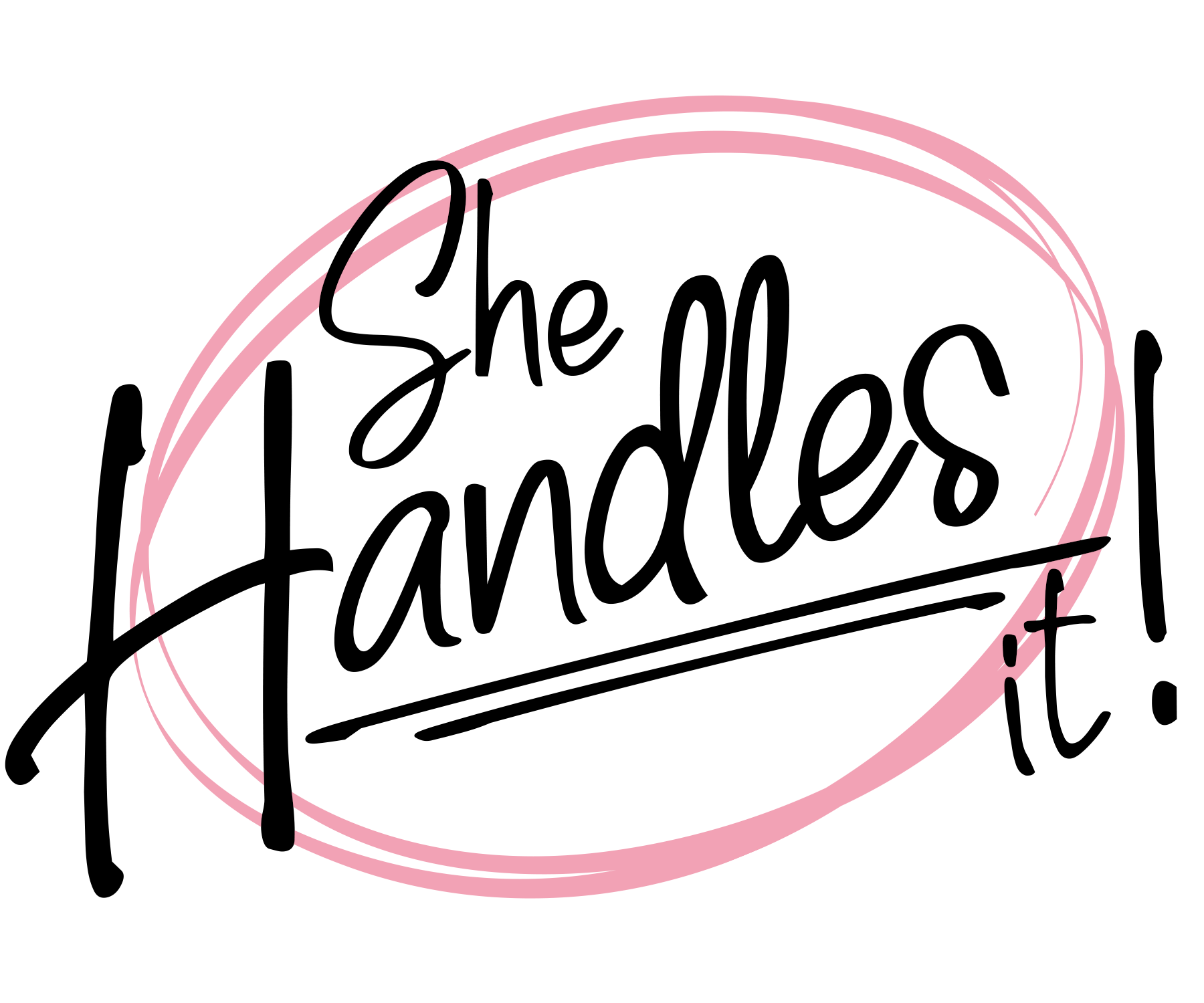Hey there, lovely readers!
Have you ever felt like you’re trying to juggle a million things at once? Work, family, hobbies, self-care… the list goes on. It’s a constant balancing act that can leave us feeling stretched thin. But what if I told you that the future might make this whole juggling act a lot easier?
Let’s take a peek into what the next decade could bring in terms of work-life integration, a topic I’m deeply passionate about and have written on before in “Why Work-Life Integration Beats Balance Every Time“ and many other of my blogs.
The 4-Day Work Week: A Game Changer
Imagine having a three-day weekend every week. Sounds dreamy, right? Companies like Microsoft Japan and Perpetual Guardian in New Zealand have already tested 4-day work weeks, with incredible results: increased productivity and employee satisfaction. By 2030, this could be the norm. Countries like Spain and Scotland are even running nationwide trials.
But it’s not just about gaining an extra day off—it’s about rethinking how we structure our lives. This concept aligns beautifully with the idea of work-life integration, where the focus shifts from strict separation to blending work and life in a way that promotes well-being. I’ve touched on this shift in “The Myth of Balance: Why We Should Aim for Integration Instead“.
AI: Your Personal Time Manager
By 2030, AI assistants could revolutionize how we manage our time. Imagine having a digital assistant that knows your schedule, energy levels, and even your personal preferences. This AI could help you prioritize tasks, schedule breaks when you’re most likely to need them, and even negotiate meeting times that suit everyone’s rhythm.
This advancement could be a major win for those of us striving to maintain work-life harmony, offering personalized support to help us manage the ebb and flow of our days more effectively. For more on how technology can support work-life integration, check out my post on “Tech Tools for Better Work-Life Integration“.
Remote Work 2.0: Beyond Zoom Calls
The shift to remote work has already transformed our work lives, but by 2030, we could see even more dramatic changes. Picture virtual reality meetings where it feels like you’re in the same room, reading body language, making eye contact, and even “shaking hands” with colleagues across the globe.
This evolution could blur the lines between “work” and “home” even further, but in a way that gives us more control over our environment and schedules. This could either enhance our lives or add new challenges—depending on how we adapt.
Lifelong Learning: An Integrated Approach
As technology continues to evolve, the need for continuous learning will grow. By 2030, we might see AI-powered platforms offering personalized learning paths that fit seamlessly into our busy lives. Imagine micro-courses tailored to your career goals and learning style, helping you stay sharp without feeling overwhelmed.
Lifelong learning will become a natural part of our work lives, not just another task on our to-do lists. This ties in perfectly with the ideas I’ve explored in “Embracing Continuous Learning in a Fast-Paced World“.
Mental Health Takes Center Stage
Finally, let’s talk about mental health. By 2030, it could be as central to workplace culture as physical safety is today. Companies might offer AI therapists, available 24/7 to help us navigate stress and anxiety. Stress-monitoring wearables could alert us—and our employers—when we need to step back and recharge, preventing burnout before it becomes a crisis.
This focus on mental health is critical for achieving true work-life integration, where our well-being is prioritized alongside our professional achievements. For more thoughts on this, revisit my piece on “The Importance of Mental Health in Work-Life Integration“.
Shaping the Future Together
While these advancements sound exciting, it’s essential to remember that technology alone won’t create this future. We must actively shape how these tools fit into our lives, advocating for the changes we want to see in our workplaces and beyond.
So, how do you envision your ideal work-life integration? What changes would you like to see in the next decade? Let’s continue this conversation—your ideas could shape the future of work!
Last modified: September 9, 2024










